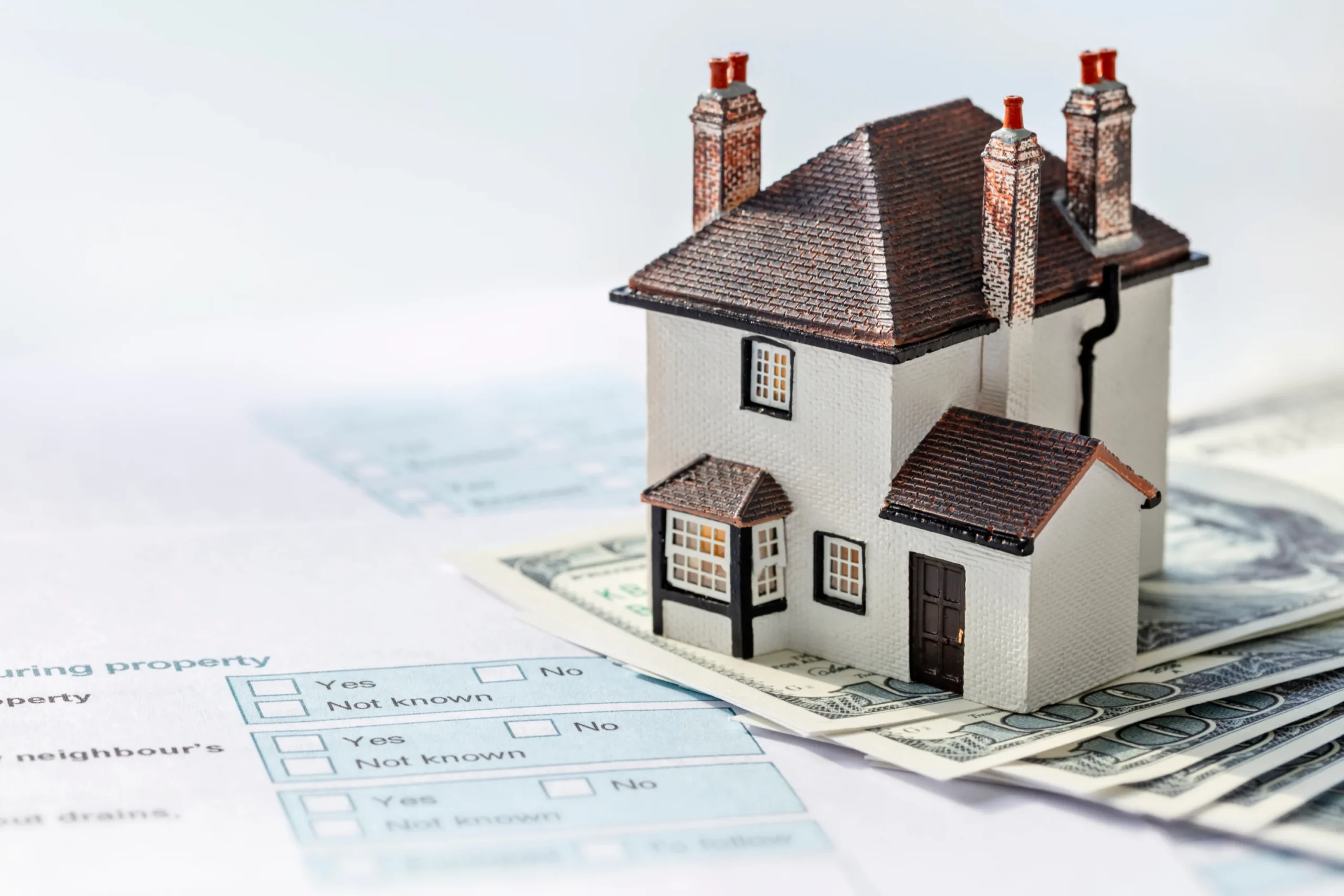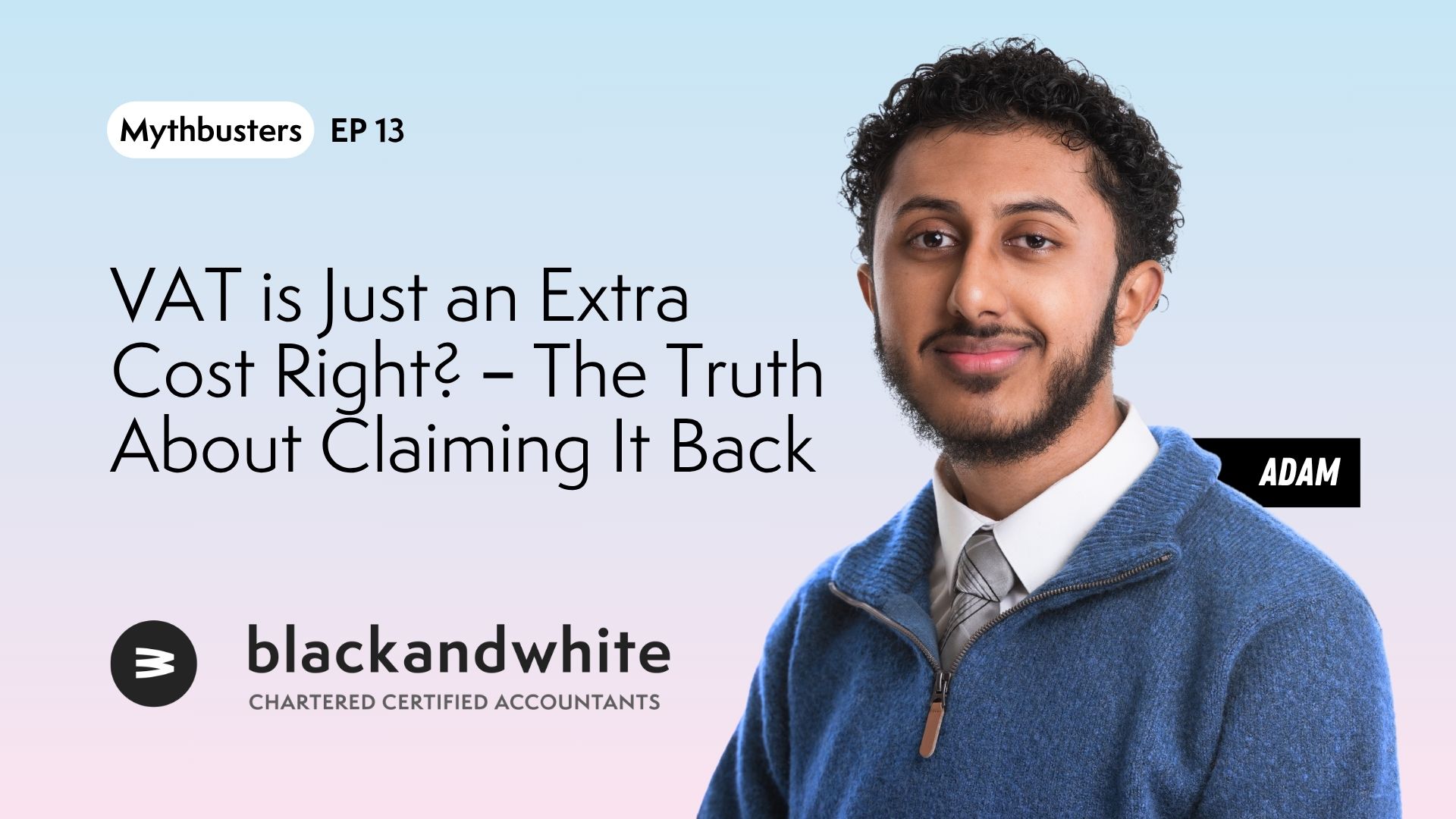For property businesses in the UK, understanding the difference between revenue and capital expenses is key to managing your finances and maximizing tax efficiency. If you’re an investor, landlord, or developer, knowing how HMRC treats these costs can save you money and keep your business on the right track. Let’s dive into the distinctions between these types of expenses and explore how they affect your property business.
What Are Revenue Expenses?
Revenue expenses, also known as day-to-day running costs, are the costs you incur to maintain or operate your property business. These are generally recurring expenses that keep the business functioning, or what I like to call “like-for-like expenses”.
Examples of Revenue Expenses:
- Repairs and Maintenance: Fixing a broken window, mending roof tiles, or repainting a wall are examples of typical repairs. These are seen as keeping the property in its current state.
- Utilities: Water, electricity, and gas bills for rental properties.
- Management Fees: Paying a letting agent or property manager.
- Insurance: Policies covering buildings and rental properties.
- Staff Costs: Wages for employees managing properties.
Tax Treatment of Revenue Expenses: Revenue expenses are tax-deductible in the same financial year they occur. This means you can offset these costs against your property income, reducing your taxable profits. For instance, if your rental income is £50,000 and you have £10,000 in deductible revenue expenses, you’ll only pay tax on £40,000 of profit.
What Are Capital Expenses?
Capital expenses refer to the money spent on buying, improving, or adding value to a property. These costs are typically one-off or infrequent but are substantial in nature. The key difference is that they enhance the value of the asset or increase its lifespan, or what I like to call “capital improvements”.
Examples of Capital Expenses:
- Property Purchase Costs: Buying a property for your portfolio, including legal fees and Stamp Duty.
- Improvements: Converting a loft into a living space, adding an extension, or upgrading to modern double glazing.
- Structural Work: Major renovations like replacing an entire roof or gutting and refurbishing a property to increase its market value.
- Furnishings: Installing new kitchen units or bathrooms in rented properties.
Tax Treatment of Capital Expenses: Capital expenses cannot be immediately deducted from your income for tax purposes. Instead, they are added to the base cost of the property and come into play when you sell the property through Capital Gains Tax (CGT). The higher your capital expenditure, the lower your taxable gain when you eventually sell the property.
For example, if you purchase a property for £200,000 and later sell it for £300,000, your capital gain would be £100,000. However, if you spent £20,000 on qualifying capital improvements, your base cost would increase to £220,000, reducing your gain to £80,000 for CGT purposes.
Common Pitfalls: Revenue or Capital?
HMRC’s rules aren’t always straightforward, and sometimes it’s tricky to figure out whether an expense is revenue or capital. One important test is whether the expenditure is simply maintaining the property or improving it. If you’re replacing something like-for-like (e.g., swapping out a broken door), it’s likely a revenue expense. But if you’re upgrading or adding something new, it’s probably capital.
Example 1: Replacing a boiler If you replace an old boiler with a new model of the same standard, this is typically a revenue expense. However, if you upgrade to an advanced, energy-efficient system, HMRC may consider it a capital expense, as the improvement adds value to the property.
Example 2: Redecorating after tenant damage Repairing or redecorating due to tenant wear and tear, such as repainting or patching holes in walls, would generally fall under revenue expenses. On the other hand, if you decide to knock down walls to create an open-plan layout, this would be classified as a capital expense.
Maximising Tax Efficiency: Key Tips
- Keep Detailed Records: Accurate records of all your expenses help ensure you’re claiming all allowable deductions.
- Separate Costs: Be mindful of what can be claimed as revenue and capital expenses and keep them separate in your accounting. This makes it easier to track and report your taxes correctly.
- Utilize Capital Allowances: For some capital expenses, you may be able to claim capital allowances, which allow you to deduct a percentage of the cost from your profits each year.
- Seek Expert Advice: A good accountant can help navigate the grey areas and ensure you’re claiming the correct tax reliefs.
How We Can Help
At Black & White Accounting, we specialise in helping individuals and businesses in the property sector navigate these tricky tax distinctions. We provide bespoke advice to ensure that your expenses are managed in the most tax-efficient way, keeping more money in your pocket and helping your business thrive.
Whether you’re a landlord, developer, or investor, understanding the tax implications of your property business is crucial for long-term success. Get in touch with us today for tailored guidance on revenue versus capital expenses!



